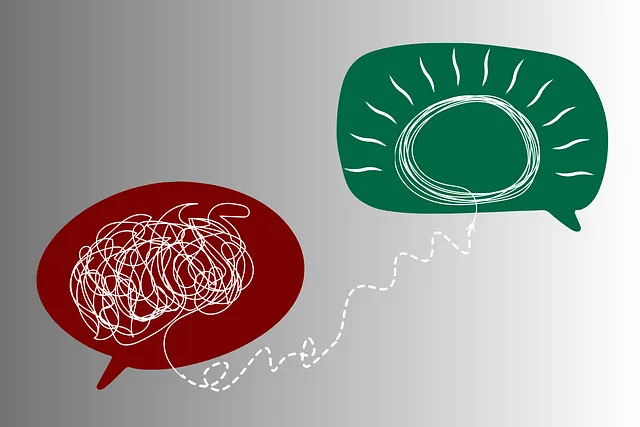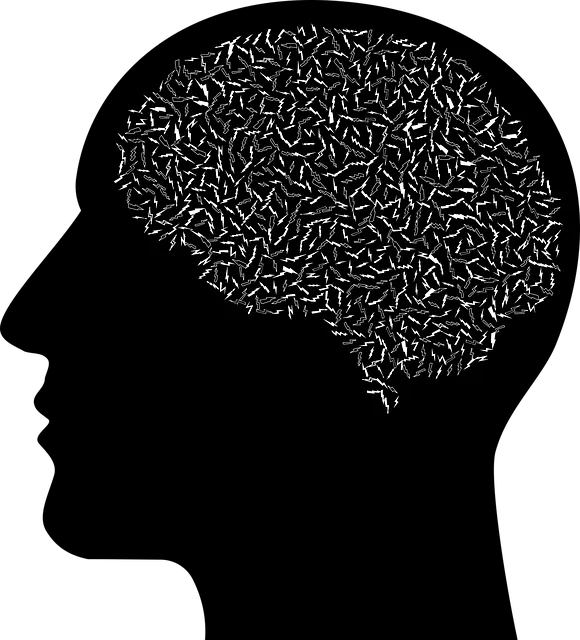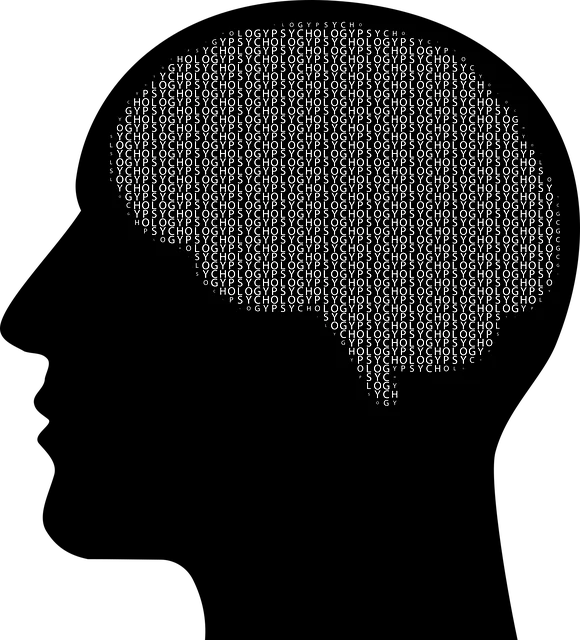Golden Kaiser mental health programs tackle substance abuse through early intervention, prevention, and holistic care. Using evidence-based practices like cultural competency training, burnout prevention, and mindfulness meditation, they target underlying mental health issues to reduce long-term risks. Their comprehensive approach includes therapy, support groups, aftercare planning, crisis intervention, and communication strategies, along with public education efforts to combat stigma.
Substance abuse poses significant risks, impacting individuals’ physical and mental well-being. This article explores comprehensive strategies to mitigate these dangers, focusing on the critical role of Golden Kaiser mental health programs in facilitating recovery. We delve into understanding substance abuse’s complexities and its far-reaching effects, then present proven techniques for long-term recovery. By combining evidence-based practices with the specialized support offered by Golden Kaiser, individuals can navigate the path to a healthier, risk-reduced future.
- Understanding Substance Abuse and Its Risks
- The Role of Golden Kaiser Mental Health Programs in Risk Reduction
- Implementing Effective Strategies for Long-Term Recovery
Understanding Substance Abuse and Its Risks

Substance abuse is a complex issue that involves the harmful use of drugs or alcohol, leading to significant physical and psychological risks. It’s a growing concern globally, impacting individuals from all walks of life. Understanding this problem requires recognizing its diverse forms, ranging from occasional misuse to full-blown addiction. The risks associated with substance abuse are multifaceted and severe, affecting not just the user but also their loved ones and the community at large.
Golden Kaiser mental health programs emphasize the importance of early intervention and prevention as key risk reduction strategies. By addressing the underlying causes and providing comprehensive support, these programs aim to help individuals before substance abuse becomes a debilitating force. This involves not only treating the addiction but also fostering resilience through evidence-based practices such as Healthcare Provider Cultural Competency Training, Burnout Prevention initiatives, and Mindfulness Meditation techniques. These approaches ensure that those at risk receive holistic care tailored to their unique needs, ultimately reducing the chances of long-term harm.
The Role of Golden Kaiser Mental Health Programs in Risk Reduction

Golden Kaiser mental health programs play a pivotal role in risk reduction strategies for substance abuse. These comprehensive initiatives focus on addressing underlying mental health issues, which are often interconnected with addiction. By integrating evidence-based therapies and support systems, Golden Kaiser offers individuals tailored interventions to break free from the cycle of substance misuse. The programs emphasize self-care routine development for better mental health, empowering participants to manage stress and emotions effectively without resorting to harmful substances.
In addition to direct therapy sessions, Golden Kaiser Mental Wellness Podcast Series Production facilitates ongoing support through informative and engaging content. This multimedia approach complements in-person treatments, fostering a sense of community and accountability among peers striving for recovery. Furthermore, the organization contributes to mental illness stigma reduction efforts by promoting open dialogue and educating the public on the complexities of addiction and mental health disorders, ultimately fostering understanding and empathy.
Implementing Effective Strategies for Long-Term Recovery

For long-term recovery from substance abuse, implementing effective strategies is paramount. Golden Kaiser mental health programs emphasize holistic approaches that combine therapy, support groups, and aftercare planning. These comprehensive solutions not only address the underlying causes of addiction but also equip individuals with tools to manage triggers and maintain sobriety.
One crucial component of these programs is Crisis Intervention Guidance, which provides immediate support during challenging moments. Additionally, Communication Strategies facilitate open discussions about emotions and experiences, fostering emotional healing processes. By integrating these approaches, Golden Kaiser ensures that the journey towards recovery is not just a temporary fix but a sustainable transformation.
Substance abuse poses significant risks, but with comprehensive strategies, recovery is achievable. By understanding the inherent dangers and implementing evidence-based practices, individuals can embark on a path to long-term healing. The Golden Kaiser mental health programs play a pivotal role in risk reduction, offering specialized support for a successful transition to a substance-free life. These programs, tailored to individual needs, empower folks to overcome challenges, fostering resilience and a brighter future.






